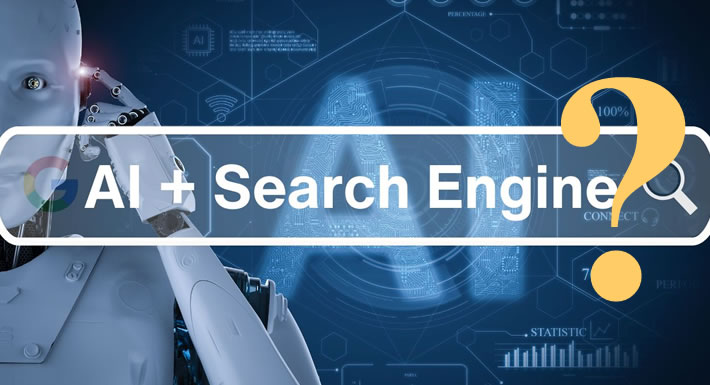
Recent experiments have raised eyebrows in the SEO and AI communities: ChatGPT, when using its web search functionality, may not always retrieve live webpage content directly. Instead, evidence suggests it sometimes relies on Google’s search snippets as a fallback, especially when Bing’s index fails to return results.
How the Discovery Was Made
The finding comes from a test conducted by SEO consultant Aleyda Solís. She created a brand-new page on a domain and did not submit it for indexing. When she asked ChatGPT about the page, the system replied that it could not locate or retrieve the content — a reasonable response for an unindexed URL.
Later, after she requested indexing through Google Search Console, the page began appearing in Google’s search results. At this point, something curious happened: when Solís asked ChatGPT again, the AI produced an answer that mirrored Google’s own snippet text for that page. Instead of quoting the actual on-page content, ChatGPT seemed to reproduce the limited preview text shown in the search result.
Why It Matters
This behavior suggests ChatGPT does not always fetch raw page content. In certain cases, it may fall back on cached summaries or snippets — and those snippets appear to come from Google. Search Engine Journal, reporting on the test, described this as ChatGPT using Google as a fallback when Bing’s index falls short.
The AI itself even hinted at this process. In follow-up interactions, ChatGPT explained that it had located a “cached snippet via web search,” language that implies reliance on search engine previews rather than direct crawling.
What About Bing?
OpenAI’s web search features are understood to be powered primarily through Bing integration. Normally, this means when a user asks ChatGPT to look something up, it should return results from Bing’s index. However, Solís’ experiment indicates that when Bing does not have an indexed version of a page, the system may still surface information — by pulling in Google’s snippet text.
Interestingly, even after Bing eventually indexed the test page, ChatGPT continued providing responses that more closely matched Google’s snippet than Bing’s. This suggests the fallback mechanism might be sticky, or at least weighted toward Google’s representation of a page.
Implications for SEO
For marketers and site owners, the findings have an important takeaway:
-
Google snippets matter more than ever. If ChatGPT (and potentially other AI systems) are echoing snippet content. Then how your page is summarized in search results could influence how it appears in AI-powered answers.
-
Traditional SEO isn’t dead. Structured, clear metadata and snippet-friendly content still shape visibility — not just in Google’s SERPs but also in emerging AI interfaces.
Open Questions
While compelling, the evidence is still limited. Only a handful of pages and queries were tested, and no official confirmation from OpenAI has been provided. It remains unclear whether this fallback occurs consistently, whether it applies across all topics, or whether ChatGPT sometimes draws from other cached sources besides Google.
Still, the results highlight an important reality: the boundary between search engines and AI chatbots is blurring. If Google’s snippets are quietly informing ChatGPT’s answers, SEO professionals may need to rethink optimization strategies with AI exposure in mind.









